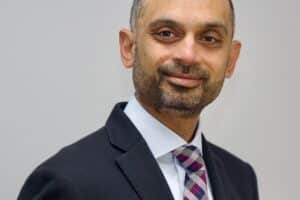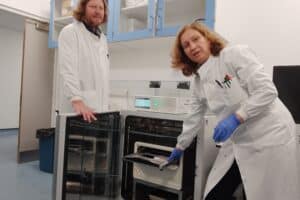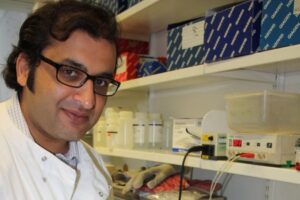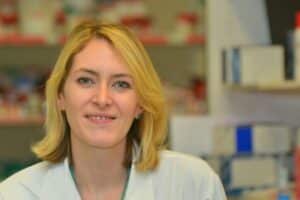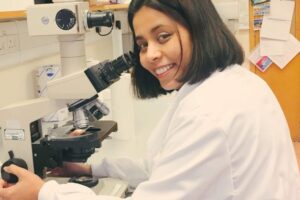Research
Building on previous successes to improve treatment for acute lymphoblastic leukaemia
UK Acute Lymphoblastic Leukaemia Trial: UKALL 2011.
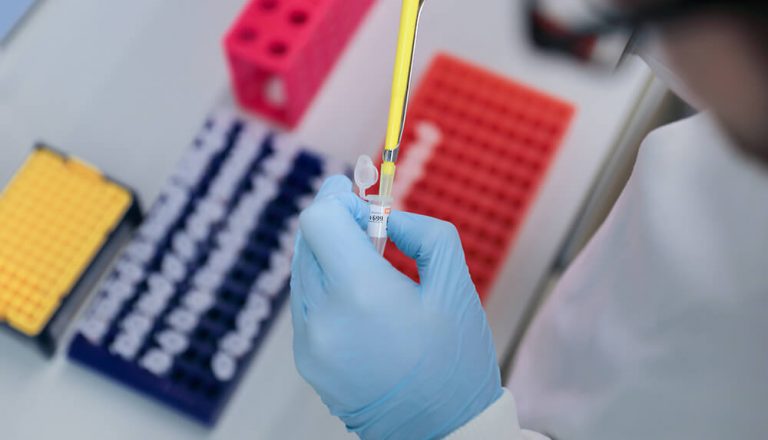
Project Details
- UK Acute Lymphoblastic Leukaemia Trial: UKALL 2011
- Lead Researcher
- Professor Pamela Kearns
- Research Centre
- University of Birmingham
- City & Institution Postcode
- Birmingham B15 2TT
- Start Date
- 4 October 2010
- Project Duration
- 15 years
- Grant Amount
- £854,177
Overview
Clinical trials help us find better ways of treating disease by giving doctors the opportunity to test new treatments. Thanks to a series of childhood leukaemia trials, we’ve made enormous progress in treating the disease. Most children with leukaemia in the UK will be given the opportunity to take part in a clinical trial, and as part of the trial called UKALL 2003, doctors pioneered a technique called minimal residual disease (MRD) testing. This helped to determine how well children responded to treatment, predicted how likely they were to relapse, and enabled doctors to tailor each child’s treatment. We’re now building on the success on UKALL 2003, and this exciting new trial is helping more young people by monitoring the effect of changes to their individual treatment regimes. The UKALL 2011 trial aims to improve treatment for children and young adults diagnosed with ALL or a type of non-Hodgkin lymphoma (NHL) called lymphoblastic lymphoma (LBL).
What difference will this project make?
With this trial, we’re building on the incredible success of earlier work – this enabled doctors to develop and refine treatment programmes for children with different types of leukaemia and risk factors. The latest trial will take the technique of minimal residual disease (MRD) testing and use it to monitor the effectiveness of a change to the chemotherapy regime for young people with the commonest form of childhood leukaemia, which is known as ALL. Doctors will use a drug called dexamethasone at a much earlier stage in treatment. Evidence suggests that this will reduce the number of children who relapse on treatment. It will also protect those children with lower risk leukaemia from the harmful side-effects associated with high doses of chemotherapy. Please note – this trial is no longer recruiting patients.
About the Research Team
This is a multi-centre clinical trial taking place across the UK. The trial is led by Dr Pamela Kearns who the Director of the Cancer Research UK Clinical Trials Unit (CRCTU) at the University of Birmingham. Professor Ajay Vora is a consultant paediatric haematologist at Great Ormond Street Hospital, where he cares for children with a variety of blood disorders. The CRCTU is one of the largest cancer trial units in the UK and is also home to the Children’s Cancer and Leukaemia Group portfolio of clinical trials.
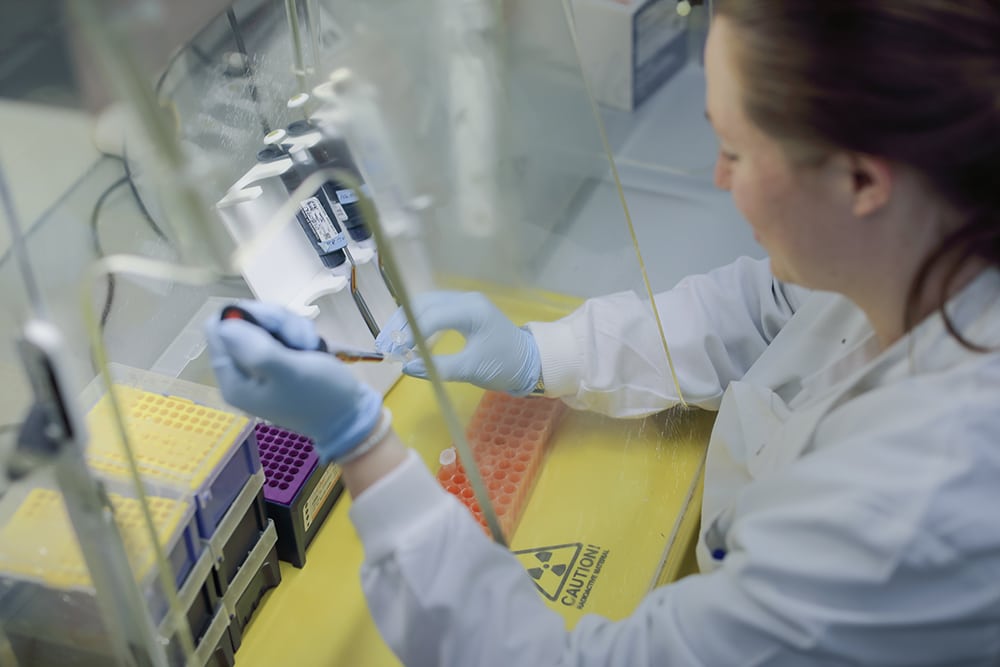
Learn more
This national clinical trial for children with the form of leukaemia known as acute lymphoblastic leukaemia (ALL) is building on the success of a previous trial. This pioneered a ground-breaking technique that placed children in treatment groups according to the levels of leukaemic cells. This new trial will help more children by monitoring the effect of changes to the treatment regime.
Our funding is supporting the latest in a series of clinical trials that aims to develop new ways of treating children living with the most common form of childhood leukaemia.
Other stories
We have lots of information to help you learn more about childhood cancer. From specific cancer types, to treatments and causes.
